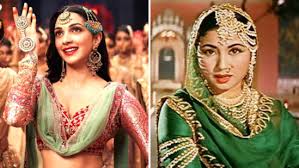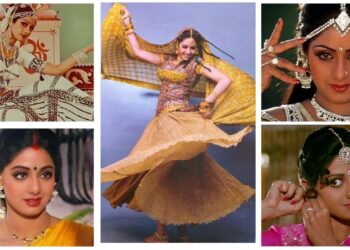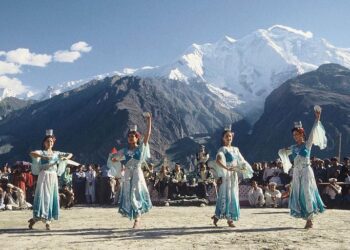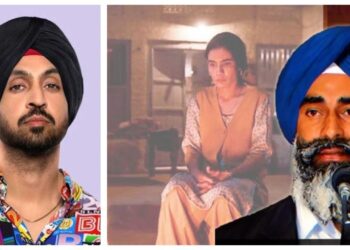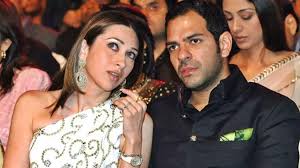“Come, beloved, let’s go… beyond the moon.”
In remembrance of Meena Kumari – The Eternal Flame
(92nd Birth Anniversary: August 1, 1933)
(Reflections from a Wanderer in the Realm of Cinema)
ISLAMABAD (Web-Desk); Meena Kumari — the “Tragedy Queen” of Indian cinema — was far more than a film actress. She was an era, an emotion, and an entire aesthetic universe. Born as Mahjabeen Bano on August 1, 1933, into a modest family of artists, her life was steeped in hardship, beauty, and quiet resilience. Her father, Master Ali Bux, migrated from Bhira (in present-day Pakistan), while her mother, Prabhawati Devi, a Bengali Christian who converted to Islam and became Iqbal Begum, brought a spiritual richness to Meena’s upbringing. This unique fusion of cultures shaped a woman of profound sensitivity and artistic depth.
Meena began her cinematic journey at the tender age of four with the film Leatherface (1939). Though formal education eluded her, she became a self-taught intellectual through books, life experiences, and deep observation. Initially known as “Baby Meena,” she soon transformed into “Meena Kumari”—an actress known for her depth, grace, and emotional gravitas.
Her breakthrough came with Baiju Bawra in 1952, catapulting her to stardom overnight. What followed was a string of acclaimed performances in Parineeta, Dil Apna Aur Preet Parai, Aarti, Kajal, Dil Ek Mandir, Footpath, Sahib Bibi Aur Ghulam, and the magnum opus Pakeezah. At the 1963 Filmfare Awards, Meena Kumari made history by earning all Best Actress nominations — a feat unmatched in Indian cinema.
Her life was marked by a poignant duality: the radiant actress on screen and the lonely, heartbroken woman behind it. Her poetry—written under the pen name “Naaz”—offered a raw window into her soul. In one verse, she wrote:
“It is an art not all artists possess —
I learned how to hide tears behind a smile.”
Her love story with filmmaker Kamal Amrohi was cinematic in itself. Secretly married in 1952, their relationship was fraught with distance, silence, and discord, eventually straining both their personal and professional lives. The tensions even delayed the release of Pakeezah for years.
In 1968, she was diagnosed with a serious liver ailment. Despite treatments in London and Switzerland, her health deteriorated. She passed away on March 31, 1972, at the age of just 38—only weeks after the release of Pakeezah, a film that became immortalized by her death. Its iconic dialogue echoed her life’s longing:
“Come, beloved, let’s go… beyond the moon… we are ready, so let’s go.”
With over 90 films to her credit, Meena Kumari portrayed a range of characters — from innocent children to tormented women. In Sharada, she was the devoted wife; in Sahib Bibi Aur Ghulam, the neglected companion; in Aarti, the selfless sacrificer; in Dil Apna Aur Preet Parai, the loving nurse; and in Pakeezah, the wounded courtesan. Each role bore the stamp of her soul.
Film critics have called her the “female Guru Dutt” and “cinema’s Cinderella.” After her death, countless stories, tributes, and documentaries emerged, attempting to understand the layers of her sorrow, solitude, and poetic depth. She was not just an actress—she was a poet, a thinker, a singer, and a vessel of feminine emotion.
Even 92 years later, Meena Kumari’s voice, eyes, verses, and silences continue to stir hearts. She may have left us, but her films, poetry, and the haunting beauty of her inner world live on—eternal and unforgettable.
“I kept moving with life,
letting every worry vanish in the smoke…”
— These lines, sung by Raj Kumar, might have been performed by him — but they were truly lived by Meena Kumari.








